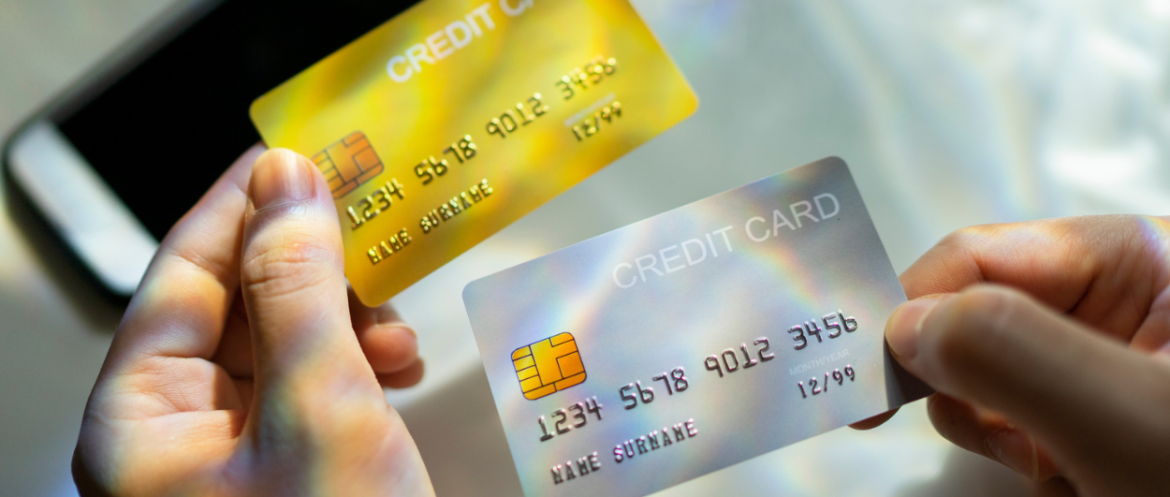Prior to gaining an understanding of how to open a demat trading account online, it is essential to have a basic understanding of what a
Category: Finance
What is a monthly average balance? Everything You Need to Know
The world of banking is filled with numerous terminologies, but few are as frequently encountered and crucial as the Monthly Average Balance, often abbreviated as MAB. Whether you’re opening a new bank account or managing an existing one, This banking term doesn’t only impact your pocket, but is also a key metric of the financial discipline you hold. In essence, MAB is the average amount a bank expects you to maintain in your account over a month. Now, you might wonder, why is it so significant? As we delve deeper, you’ll discover that maintaining the required MAB can help you avoid unnecessary penalties, benefit from additional banking services, and essentially pave the way for a smoother banking experience. Understanding Monthly Average Balance Let’s take a detailed look into what this term means. The Monthly Average Balance is quite literally what its name suggests – an average. It’s the sum of all the end-of-day balances in a month divided by the number of days in that month. For instance, if you have ₹10,000 in your account for 15 days and ₹20,000 for the next 15 days of a 30-day month, your MAB would be ₹15,000. This brings us to another term – the end-of-day balance. It’s the amount present in your account at the close of business each day. While the end-of-day balance gives you a day-to-day snapshot, the MAB provides a broader, monthly perspective. In many ways, the MAB acts as a financial health check, indicating how consistently you’ve maintained funds in your account over a given month. This distinction is crucial because even if you end a month with a significant amount, it doesn’t necessarily mean you’ve maintained a healthy MAB throughout that month. The bank looks at the bigger picture, and that’s where MAB comes into play. Why Banks Emphasise on MAB? Banks aren’t just financial institutions where you keep your money; they play a pivotal role in the country’s economy. One of their primary tasks is to ensure liquidity, which means they should
10 Useful Financial Habits to Endure in Your 20s
Your twenties are the most exciting decade of your life! Make the most of each day by shopping, dancing, and taking as many trips as
Top 5 Online Credit Card Apps: Know the Features and Benefits
An online credit card app is the need of the hour, especially for the tech-savvy generation. With mobile devices always at hand, it’s easier to
From Chaos to Clarity: Taming Data Complexity with Effective Data Management Solutions
Data has become paramount for businesses in this digital era. Data helps corporate entities to derive insights, make informed decisions, fuel innovation, and mitigate risks.
How to Use an Online FD Calculator to Plan Your Investments
Fixed Deposits (FDs) are investments offered by banks and Non-Banking Financial Companies (NBFCs) that typically provide higher interest rates than regular savings accounts. However, they
Know the Pros And Cons of Balance Transfer Credit Cards
Credit cards that transfer your balance from one card to another can help you get out of your present credit card debt. It allows you
How to Choose the Best Bank Account for Your Savings
Selecting the optimal bank account for your savings involves more than just comparing interest rates. These days, financial institutions fight for your attention, so it’s
Get a Savings Account with Highest Interest Rates in India!
A bank savings account is the most basic account with which you begin your financial journey. It is the most uncomplicated and easy-to-operate bank account.
Comparing Auto Loans: New Car Loans Vs Used Car Loans
When it comes to purchasing a vehicle, many people find themselves in need of financial assistance in the form of a car loan. Whether you’re










